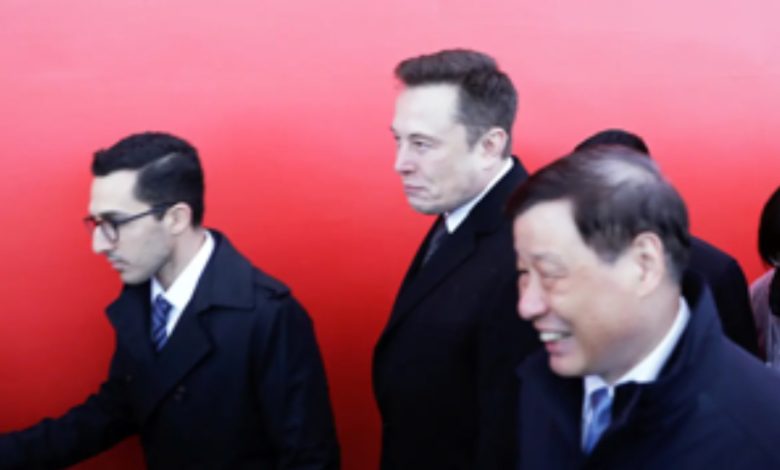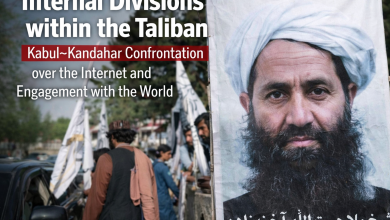Was Omid Afshar’s Dismissal from Tesla Purely a Business Decision? Analysis by: Mohammad Fahim Sajjadi
AfgNews24 Afghan News24

Was Omid Afshar’s Dismissal from Tesla Purely a Business Decision?
Analysis by: Mohammad Fahim Sajjadi
Journalist and Founder of AfgNews24
Recently, Forbes reported that Elon Musk had dismissed Omid Afshar, one of his most trusted senior aides and head of Tesla operations in North America and Europe. Officially, the reason cited was a decline in Tesla sales across key regions. However, the timing of this decision—amid major geopolitical tensions—raises deeper questions.
🇮🇷 Unprecedented Iranian Unity in the Face of External Threat
During the 12-day conflict between Iran and Israel—which drew in U.S. involvement and was marked by Tehran’s vow for revenge—many Iranians abroad, including long-time critics of the Islamic Republic, stood in solidarity with the Iranian people and homeland.
This movement was not necessarily in support of the regime, but rather a rare nationalist reaction rooted in a shared cultural identity and concern for Iran’s territorial integrity.
🤐 Omid Afshar Chose Silence
Omid Afshar, born in 1986 and a graduate of biomedical engineering from the University of California, Irvine, had risen through the ranks to become one of Elon Musk’s most trusted executives across Tesla, SpaceX, and X (formerly Twitter). He joined Tesla in 2017 and was recently promoted to VP of operations for two key markets.
Yet, during this historic wave of global Iranian solidarity, Afshar remained silent. No public statement, no gesture of support—not even a neutral message. For most, that might seem inconsequential. But for someone in his position, this silence may have signaled risk—especially to a figure like Elon Musk, who is highly attuned to global optics and reputational risk.
🚨 A Preventive Move by Elon Musk?
Musk knows better than anyone that in today’s hyper-politicized world, a single social media post—or lack thereof—from a senior executive can impact public perception, stock prices, and regulatory scrutiny.
There are several reasons why Musk may have acted preemptively:
- Iran had directly warned the U.S. and vowed retaliation after an Israeli strike on its nuclear facilities;
- Tensions in the region heightened fears of cyberattacks, sanctions, and political backlash;
- A high-profile Iranian-American executive—regardless of personal politics—could be perceived as a vulnerable or controversial figure in such a climate.
Musk likely sought to avoid any future complications by quietly removing a potential liability—even if Afshar himself did nothing wrong.
📌 Conclusion: An Unspoken Motivation?
Major corporations rarely cite political fears as reasons for firing executives. The narrative is always framed around performance, restructuring, or strategy. But in media and geopolitics, what isn’t said often matters more than what is.
Omid Afshar’s dismissal may indeed be related to Tesla’s declining sales. But when one considers the timing—alongside a rare moment of Iranian unity and global tensions—it’s plausible that Elon Musk was simply making a preventive move to avoid an unpredictable crisis.
📌 Published on AfgNews24
🗓 Date: June 2025
📎 Source: Exclusive commentary by Mohammad Fahim Sajjadi




